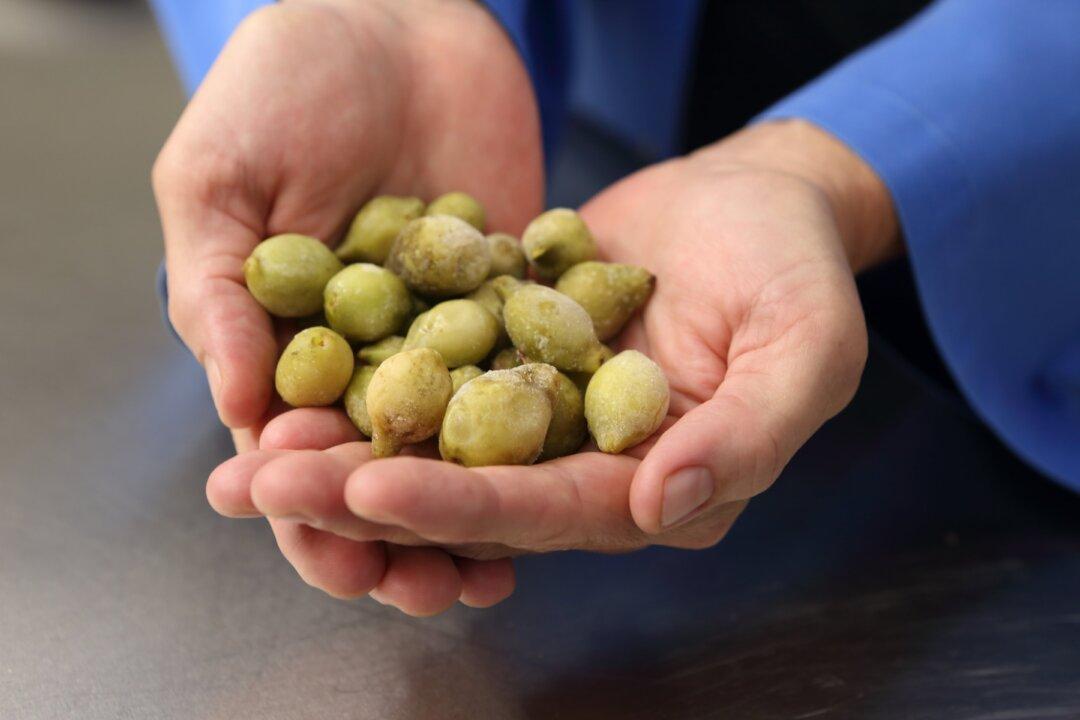Indigenous communities in Australia have been using the medicinal properties of the Kakadu plum for generations, but the root cause of its healing powers remained unknown until recently.
In a study from the University of Queensland (UQ), researcher Oladipupo Adiamo investigated the safety and efficacy of Kakadu plum consumption.




